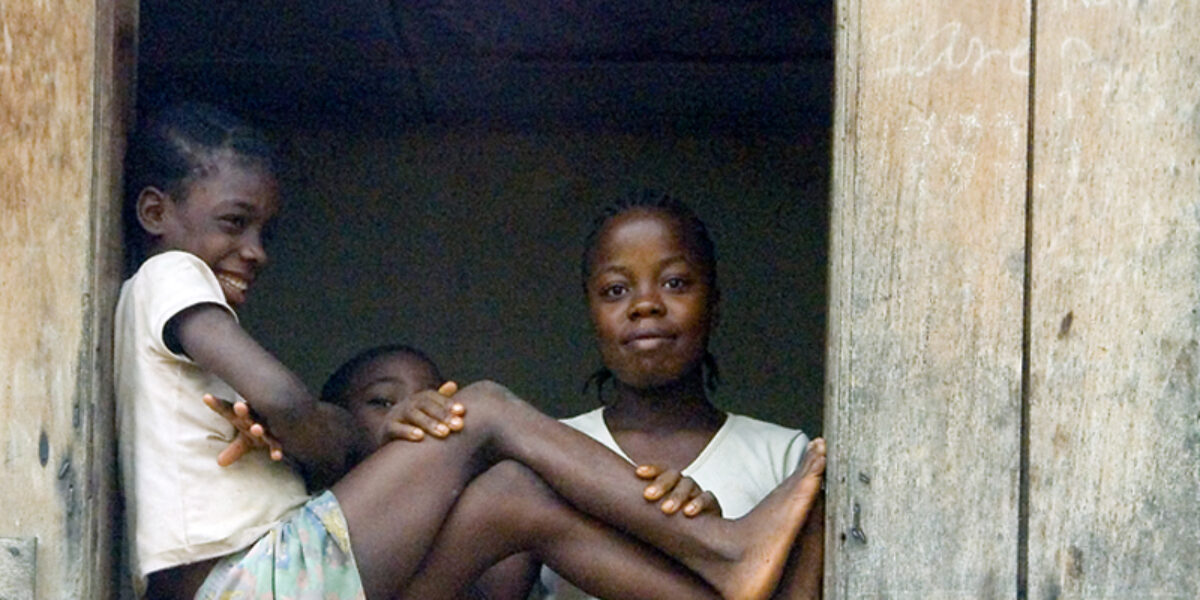“I thought only prostitutes could acquire AIDS, and since I
am not a prostitute, I had no need to learn about AIDS and its prevention. But
my perception changed after I was told the various modes of HIV transmission
during the HIV/AIDS awareness campaign by the Bible Society. …What made me
worried was I have had three boyfriends in two years and was not sure if they
were positive since we were no longer together.”
These words from Esther, an 18-year-old Liberian teenager, reflect
the lack of knowledge about HIV/AIDS, a common problem among young people in
this African nation of 3.5 million.
Infection rates among teenagers and young adults hover at 11
percent. This translates to 231,000 affected with the disease—a statistic that concerns
the World Health Organization and Liberia’s Ministry of Health and Social
Welfare.
Many who are infected don’t understand the full impact of
the disease. They’re not informed of the danger this pandemic poses, nor are
they taking steps to prevent the disease’s spread.
To address this problem, the Bible Society of Liberia is
working with the Good Samaritan Project—a coalition of 20 Bible Societies in
Africa—to educate young people about HIV/AIDS, its transmission and the
necessity for prevention.
Partnering with churches and targeting youth in high schools
and universities, the Bible Society conducts workshops using biblically based
materials that emphasize the importance of compassion, prevention and care for
those who are affected or infected with HIV/AIDS.
“Preventing the spread of HIV is everyone’s concern,” says
Frederick Barasa, senior research analyst for American Bible Society, which supports
curriculum development for the biblically based materials.
“The program encourages people to learn their HIV status,
change their behaviors to reduce the risk of spreading the virus and offers
assistance to people affected by HIV/AIDS,” says Barasa.
Offering assistance to people with HIV/AIDS is counter-cultural
in Liberia. People with this virus are typically shunned from their
communities. And many are abandoned by their relatives. Poor access to health
care, treatment and support further exacerbate the problem.
A great deal of work remains, says Barasa. “There is a long road
ahead as infection rates remain high in Liberia and care for HIV-positive
individuals is limited.”
Nevertheless, the program is a necessary step in addressing
the problem. In the process, it offers the compassion of Christ and the hope
for a better tomorrow.





